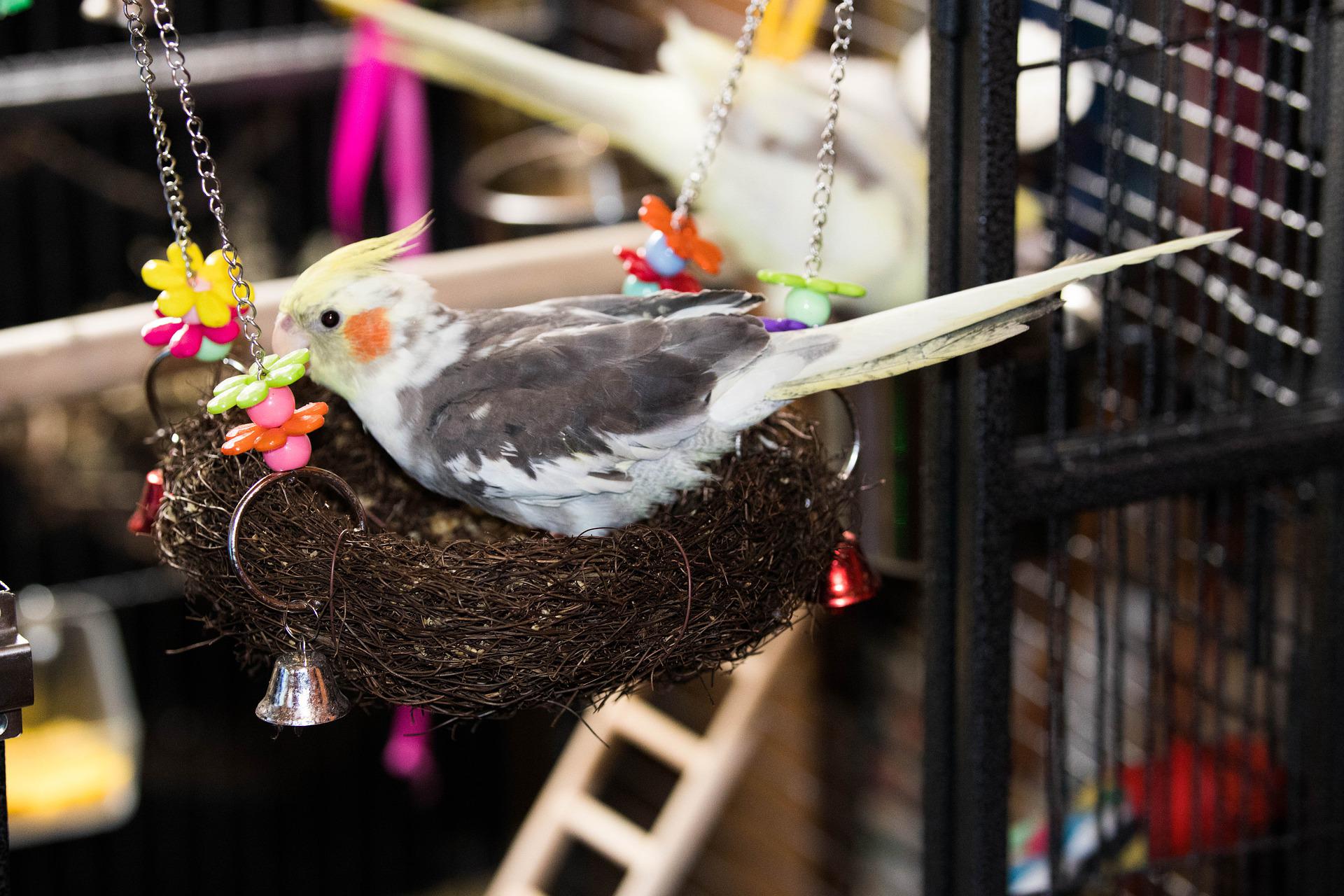 Everywhere our teenagers go they are bombarded by pictures, billboards, magazines, videos and peer pressure to be conscious of their size. With all of this pressure it is not surprising that teens are having issues with body image. At one time parents may have only thought it was a subject that haunted girls, but more and more boys are being pressured by it also.
Everywhere our teenagers go they are bombarded by pictures, billboards, magazines, videos and peer pressure to be conscious of their size. With all of this pressure it is not surprising that teens are having issues with body image. At one time parents may have only thought it was a subject that haunted girls, but more and more boys are being pressured by it also.
As a parent you want your child to be the healthiest, happiest human being that they can become. Everyone was not made to be a size 4 and many people's body structure would not even allow them to be incredibly thin. As parents you will be a major contributor concerning how your child feels about their body. Yes, friends have input but what you impress upon them at home is even more important. Your beliefs about them and their body can help to override or lend too them falling into a negative body image trap.
Below are somethings parents can do to help promote a positive body image to their child:
1. Avoid talking negatively about food, or weight or anything in association with it. Be careful not to comment on how good others look because of their size only.
2. Allow your child to hear you speak positively about your body. Even if you do need to lose a few pounds, don't make it seem like that is all you are about. You have many other great qualities and attributes that have nothing to do with your size of appearance.
3. Keep healthy snacks available for your child. Rid the house of tempting items that may lead to overeating, or binging. You do not want your teen to become an emotional eater due to their unhappiness with their body.
4. Guard and limit the amount of time your teen spends watching TV or reading magazines, and on the Internet. When they are engaged in these activities be available to discuss what they are seeing and hearing concerning body image.
5. Praise your teen or compliment them for what they do and who they are instead of how they look. Others will more than likely tell them how cute or pretty they are, you focus on who they are and what they contribute to their family, school, friends, church, community, etc.
6. Spend time with your teen preparing healthy, fun to eat alternatives. Make your own smoothie recipes for example and share.
7. Remain an open option for your teen to come too with their cares and concerns. Be open to listen to their problems and don't dismiss them as silly and unfounded.








